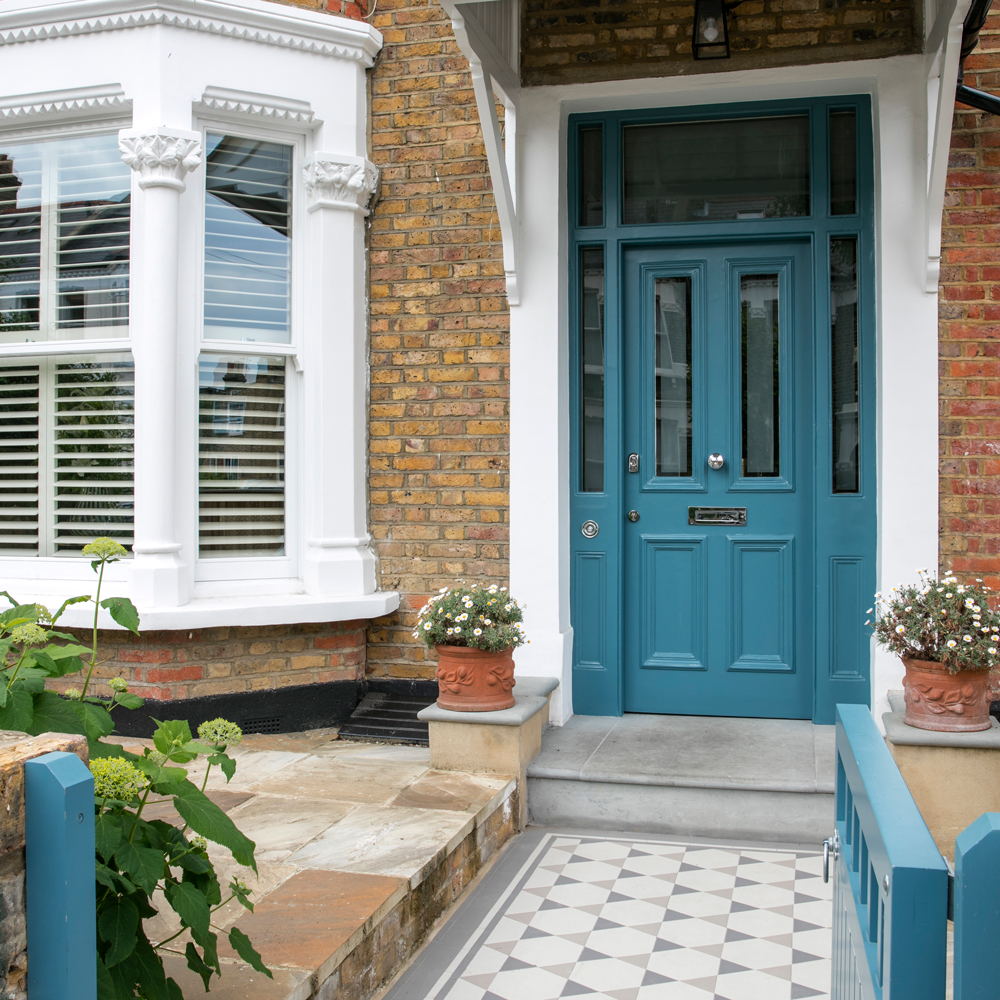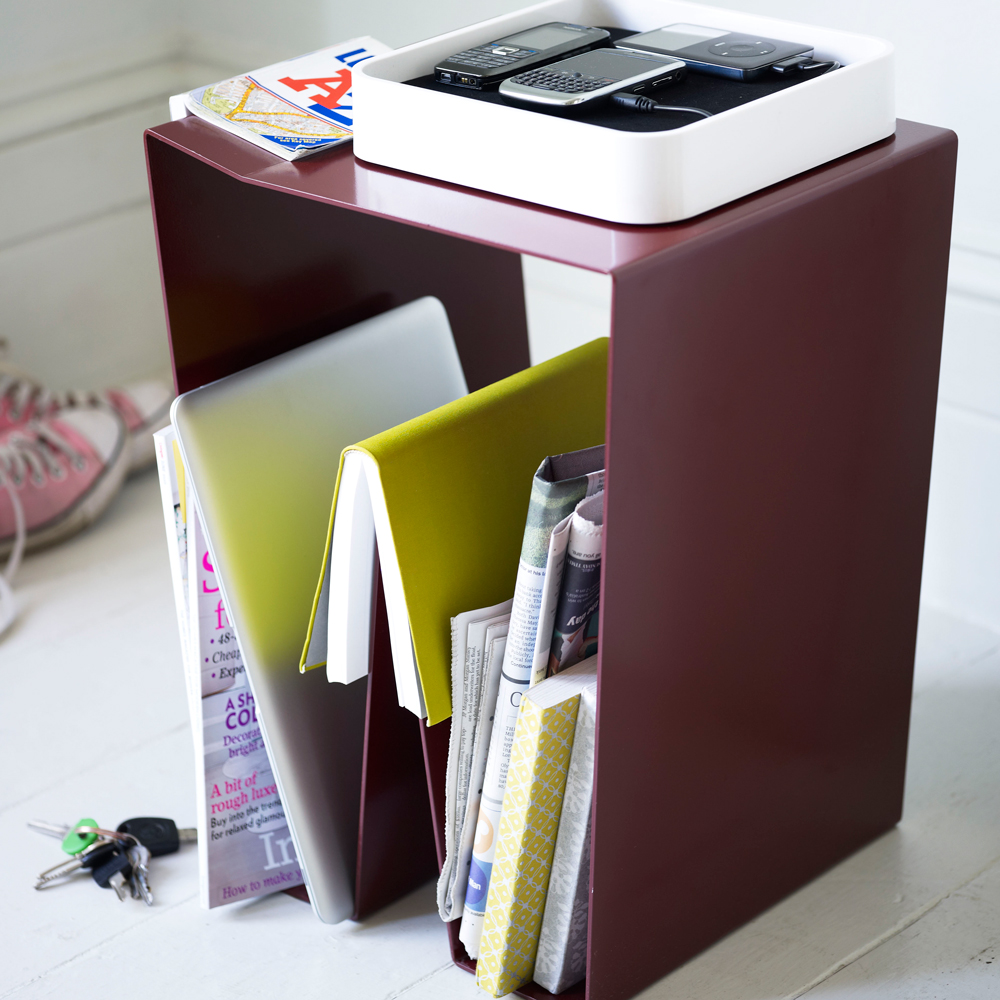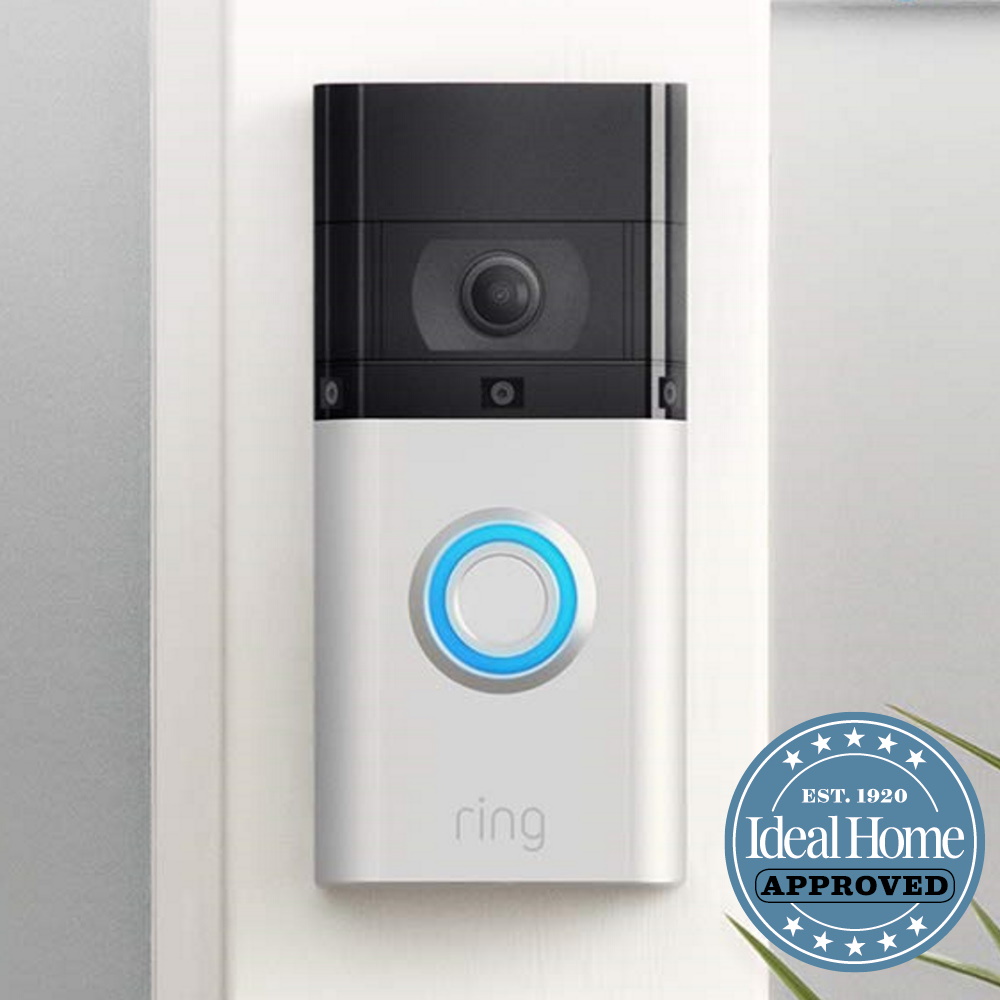Does CCTV reduce home insurance premiums? To help save money
We look at whether you can save money on your home insurance by installing CCTV and if it’s worth it
Sign up to our newsletter for style inspiration, real homes, project and garden advice and shopping know-how
You are now subscribed
Your newsletter sign-up was successful
There are few things worse than coming home to find that your house has been broken into. You might consider installing CCTV as a preventative measure. While it can add a layer of security to your home and offer peace of mind, you may ask does CCTV reduce your home insurance?
Although the number of burglaries fell by 24% in the year to June 2021 compared with the previous year, as people spent more time at home, there were still 265,508 burglaries in England and Wales according to the Office for National Statistics.
Anything you can do to reduce your chances of being burgled is worth considering. In some cases could cut the cost of your buildings and contents insurance.
Can installing CCTV reduce your home insurance premiums?

The more secure your home is the lower your home insurance premiums should be. This is because there’s less risk for the insurer as you are less likely to have to make a burglary claim. The crime rate in your area is also taken into account.
Insurers usually ask you the following when you’re taking out home insurance as they consider these to be factors that have an impact on whether your home is targeted by burglars and what they can steal:
- Whether your home is left empty for more than 30 days in a row.
- Whether people are at home during the day, at night or both.
- The type of lock you have on your front door and any other external ones, such as patio doors.
- If your windows have locks.
- If your home has a working burglar alarm.
- Whether you have a lockable safe in your home.
- If there's an active neighbourhood watch scheme in your area.
However, insurers don’t usually ask about CCTV and are unlikely to cut your premiums if you have it.
‘We are not aware of any discounts for its use being offered on home insurance policies,' says Graeme Trudgill, executive director of the British Insurance Brokers’ Association. 'Possibly because its installation does not prevent entry, as locks and bolts can, nor curtail a burglary as an activated intruder alarm might,’
Sign up to our newsletter for style inspiration, real homes, project and garden advice and shopping know-how
CCTV (closed-circuit television) is where you have cameras around your home to capture images of any potential or actual intruders inside or outside. You can choose to have it monitored remotely by a security firm or, if it’s a smart system, monitor it yourself from your smartphone.

Sarah Smith, head of underwriting for home, pet and travel at LV= General Insurance, explains why it doesn’t give a discount for CCTV: ‘It may be a deterrent but, unless the system is actively monitored, it’s more of an after-the-event potential means of identifying the thieves.’
Although you won’t get reduced premiums, CCTV could still cut your insurance costs in the long run as if it stops you getting burgled you won’t have to make a claim for it. You won’t have to pay the excess (the amount of any claim you have to pay yourself) or the higher premium that usually results from a claim when you renew your insurance.
How much does CCTV cost?
If you want to install CCTV to give you peace of mind it can be expensive.
Prices including installation range from around £500 for a basic system to up to £1,800 or more depending on how many cameras you have and other factors such as whether you want extra features like night vision.
So, even if you do save money on insurance by not having to make a burglary claim it could take years for the investment to pay off.
More affordable options
There are cheaper options than CCTV. You can buy a good wireless smart security camera suitable for outdoor use for less than £40 and mount it yourself. Cameras for indoor use start from around £20.
You can also buy a best video doorbell, such as Amazon’s Ring, from around £50. These allow you to see who’s outside your property without opening your front door or if you’re not at home and capture footage of them. They also let you speak to people on your doorstep.

As with CCTV, other types of security cameras and smart doorbells won’t give you a discount on your insurance but some insurers may reduce premiums if you improve your security generally.
‘The extent and scope of any discounts will differ between insurers so if you are considering additional security features it’s worth checking with your insurer before you buy,’ advises Malcolm Tarling of the Association of British Insurers.
Bear in mind that if you’re installing any cameras that capture images of people outside the boundary of your property certain regulations apply to protect their privacy. Read the advice on Gov.uk to find out what you need to do to comply.